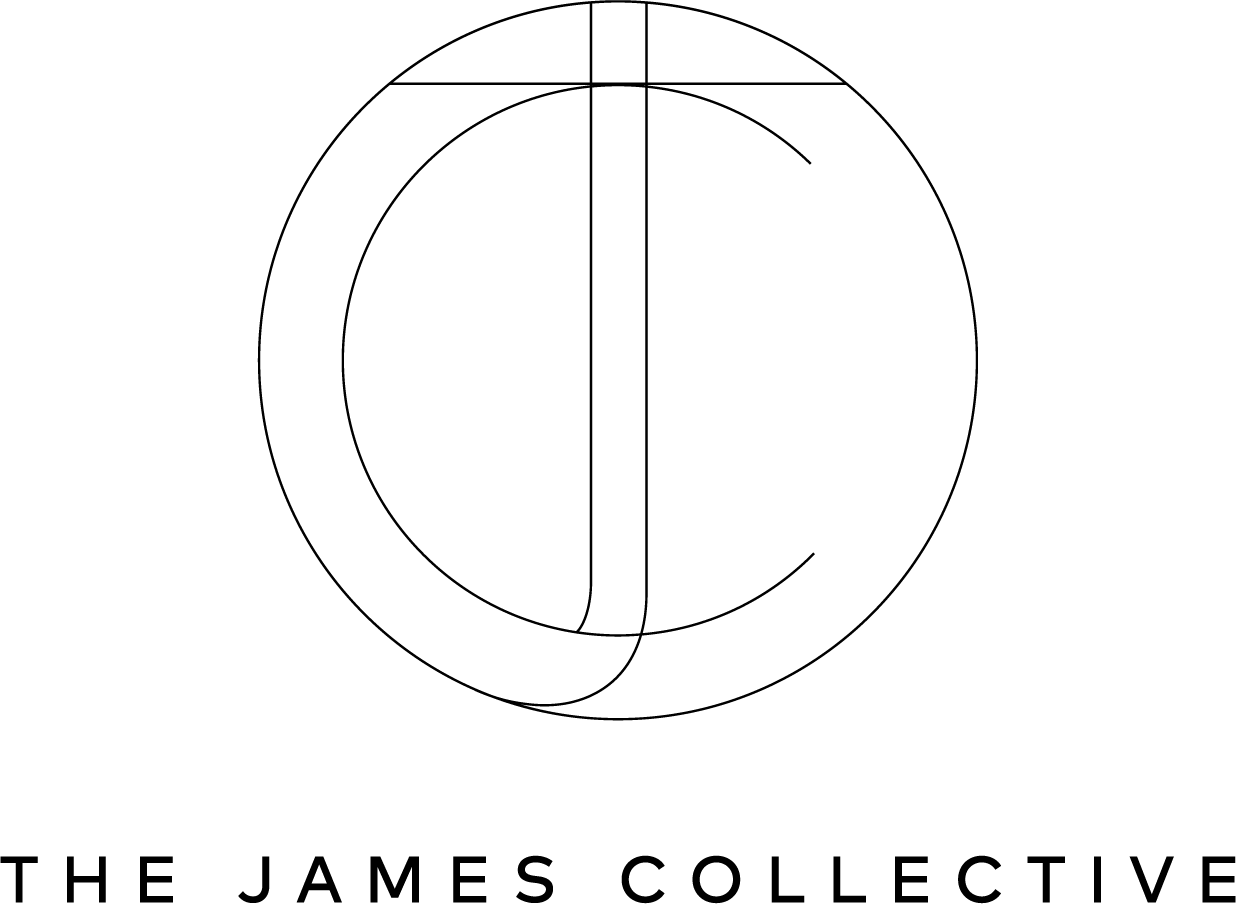On Working: Building an Agency for the Future
How do we build a post-COVID, employee- and client-minded business that harnesses the power of both technology as well as human connection?
What does that agency of the future look like? There's never been a more relevant time to consider this question, as businesses and agencies worldwide have been forced to shift their business models, office policies, and concepts of the workplace in response to the global Covid-19 health crisis. We've turned our gaze forward to offer some insight as to what this new agency model could (and does) look like—and to offer businesses our approach to a future-looking structure that ensures they'll stay ahead of the curve for years to come, both for agencies as well as other business structures.
The agency of the future will operate with fluid hours and flexible workspaces.
At The James Collective, we've always believed that work and life should be integrated in a holistic, balanced, and sustainable way. We've lived and worked our way through past roles at traditional agencies where the norm was eight, ten, even twelve-plus hour workdays, glued to a desk in an office in a city filled with thousands of other businesses doing the same. As so many companies have recently experienced, it's surprising just how much of the day's work can be completed from home, or from other remote locations, once the requirement of in-person office presence is removed--in our experience, this prompts both creativity as well as connection when it matters most.
This fluid concept of the workspace greatly serves agencies—it can allow smaller agencies to maintain a presence in multiple key markets (for us, NYC and Wine Country in the San Francisco Bay Area), and larger agencies to tailor their presence based on the location of key clients. Additionally, as the centers for business and production become more disparate both due to technology (the ability for people to work from anywhere) coupled with the rise of smaller markets—especially in lifestyle industries like food, beverage, travel, and fashion—the flexibility to move to these evolving business locations will be paramount in understanding and accessing the spaces where your clients' and their customers are living and operating.
The agency of the future will adopt a holistic, individualized, and solutions-focused client management style.
Gone are the days of the prescriptive, one-size-fits-all marketing approach. It's not enough for agencies to simply offer their clients a variety of programming, though this certainly is one piece of the puzzle. Tomorrow's agency must dive deeper, and offer individualized solutions within the range of services offered by their business. Agencies should be approaching their clients through the lens of the problem that needs to be addressed + the goals that need to be delivered—which will of course vary from client to client.
Clients may have varying levels of understanding of the inner working of the marketing and media world—that's why they hired you!—and the agency of the future should approach their programming with an understanding that they may need to educate and show the client glimpses into this rapidly changing landscape. Focus on building solutions-driven campaigns to achieve a certain goal rather than offering services as a la carte menu options—the success of a goal realized is a language all can understand.
The agency of the future will practice a nimble workflow and be prepared to offer a diverse and highly customizable range of services for each client.
An observation: the world is going through a dramatic shift. Media these days looks different, the way people consume information is different, even how people make a purchase or shop for their groceries is different than in previous times. For an agency to succeed and truly deliver the most value to its clients, it must be willing to eschew traditional tactics and evolve along with consumers and the media. That evolution was one of the founding principles of TJC—to deliver a more flexible, integrated agency model to small to medium-sized clients.
Companies of that size often can't afford the ‘big’ integrated agencies, yet they may not have the bandwidth to manage a suite of freelancers or in-house Marcom team to manage all their integrated marketing needs. We believe the agency of the future should operate from a place where they can address those needs: able to serve, largely, as the marketing, brand, and content partner, while rooting work in a true understanding of business strategy.
The agency of the future will implement a flexible billing model.
You may have noticed that flexibility seems to be the name of the game for the agency of tomorrow, and this rings true for the billing side of the business. In order to attract and service a range of clients, the way that agencies charge for their service must also allow for flexibility. Agencies should build their business model in a way that has the ability to offer project-based services, full retainers, and at times, even hourly billing options, pending the needs of the client. We've already discussed how the range of services will vary from client to client—the billing model should reflect that same flexible structure.
As marketing and communications professionals, well-versed in the routines and rhythms of traditional agency life, we at The James Collective sought to create a new environment for our work. We've always prided ourselves on being innovators in the agency space, and so we continually strive to model ourselves as the forward-thinking agency of tomorrow.
